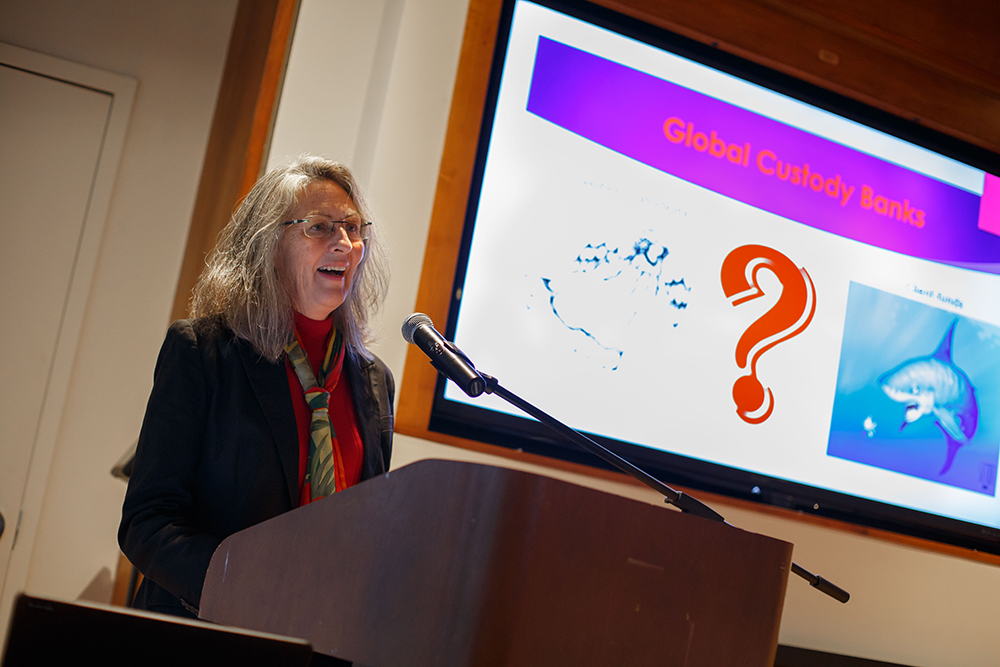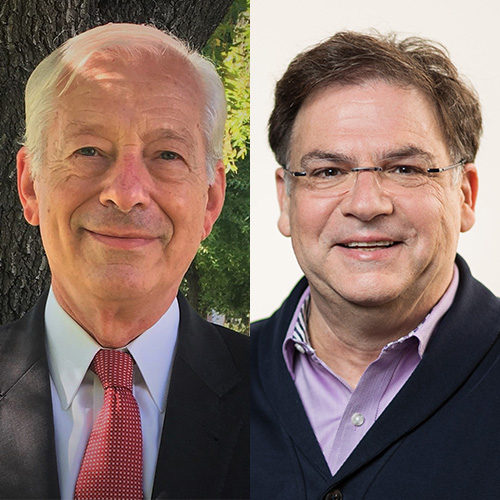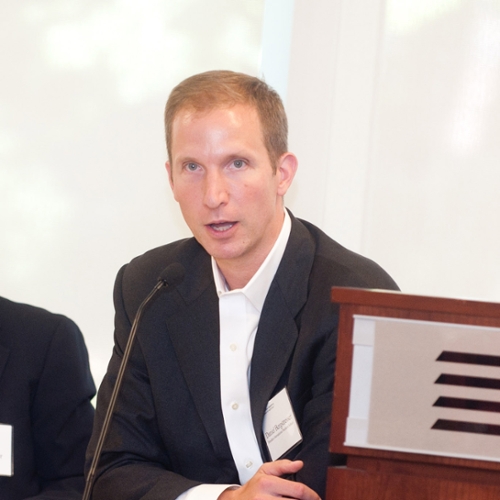
In her inaugural lecture as the new holder of the Martin and Ahuva Gross Chair in Financial Markets and Institutions at Brandeis International Business School, Professor Carol Osler discussed how two philosophers influenced how she studies exchange rates.
Osler’s October 2 lecture examined the ideas of American physicist, historian and philosopher of science Thomas Kuhn, who introduced the term “paradigm shift,” and Austrian-British philosopher and professor Karl Popper, known for his rejection of classical views on the scientific method in favor of empirical falsification. She credited both with influencing her choice as a financial economist to focus on the new subfield of currency market microstructure and her work on what drive exchange rate movement over time.
An early series exchange rate paradigm was purchasing power parity or PPP, said Osler, who is a two-time winner of the Excellence in Teaching Award at the business school. Over time, it became clear that PPP did not fit the data, and in the late 1970s, the monetary theory of exchange rates came into vogue. She found this theory “puzzling” and saw plenty of evidence against it, but at the time, all international finance graduate students studied the theory, and it continues to dominate exchange rate research.
“I’m a paradigm skeptic. I’m not trying to be subtle,” Osler said, citing the elements of monetary theory she found questionable.
She then looked at exchange rates not through the lens of global theories like money supply and GDP, but in the way microeconomists approach their work. Determined to learn the who, what, when and why of trade, she sought out foreign exchange dealers to learn their thinking and found that their perspectives had nothing to do with monetary theory and their understanding of the theory was minimal.
Osler’s research showed that key determinants in foreign exchange rates were trading and the interactions among traders, a premise that current evidence supports. She found that microstructure was consistent with what Popper argues is the “ideal”: the progression of science. She also realized that with Kuhn’s paradigm shifts come large battles.
The reason is due in part to the fear of reputation loss, she said. Many scholars build their careers around research that relies on that dominant paradigm, and if it is threatened, their reputations could suffer.
The philosophies of science, particularly those of Popper and Kuhn, helped Osler understand sometimes mystifying research, she said. She concluded her lecture with Popper’s words: “What distinguishes the attitude of rationality is simply openness to criticism.”
Featured Stories
News Categories
@BrandeisBusiness Instagram
View this profile on InstagramBrandeis Intl. Business School (@brandeisbusiness) • Instagram photos and videos

December 11, 2018
Mastering the art of business writing — in a foreign language
November 2, 2018
New academic chair honors founding dean
October 9, 2018
Experts discuss trade war and U.S.-China relations
July 10, 2018
A professor with a passion for municipal finance